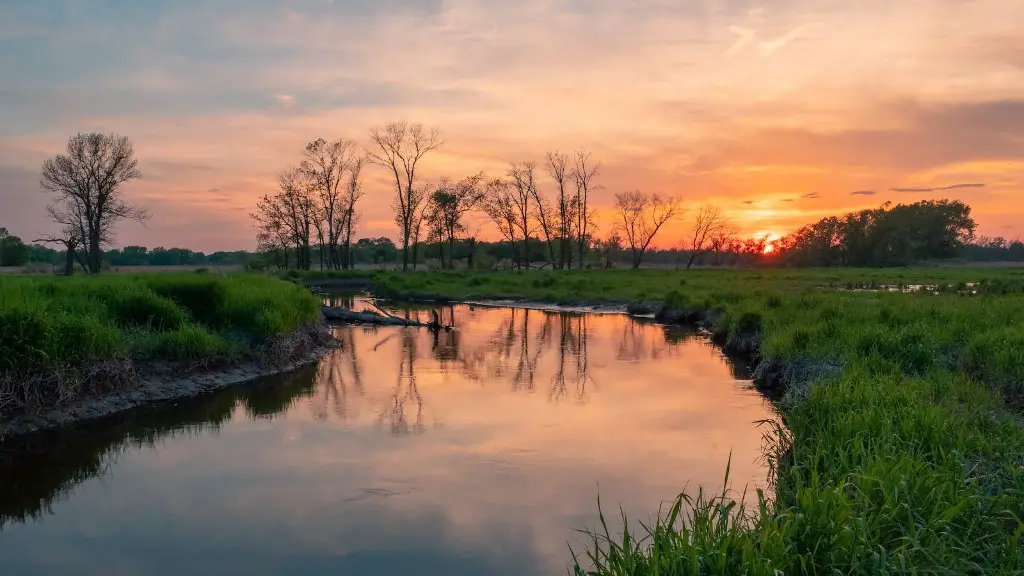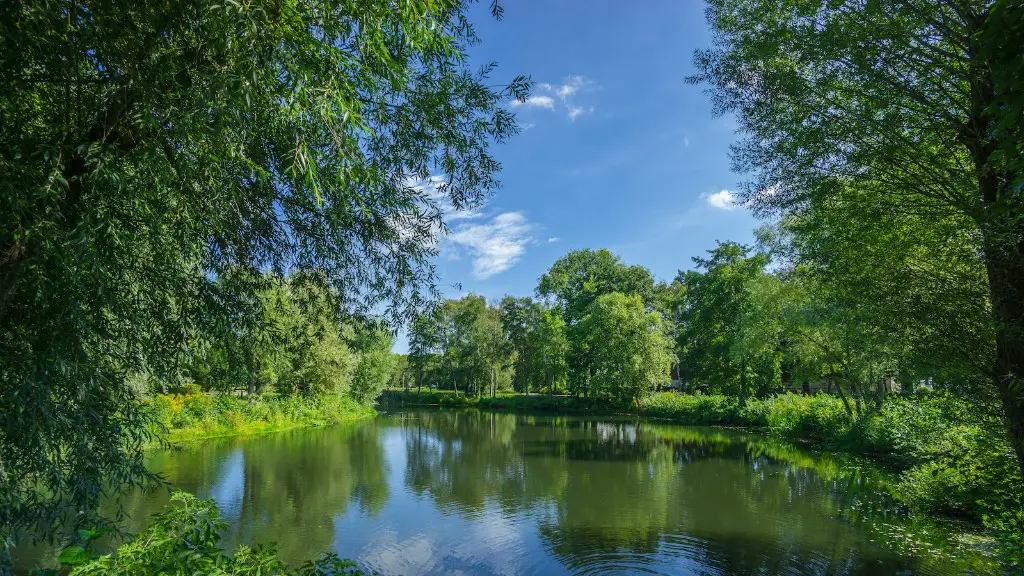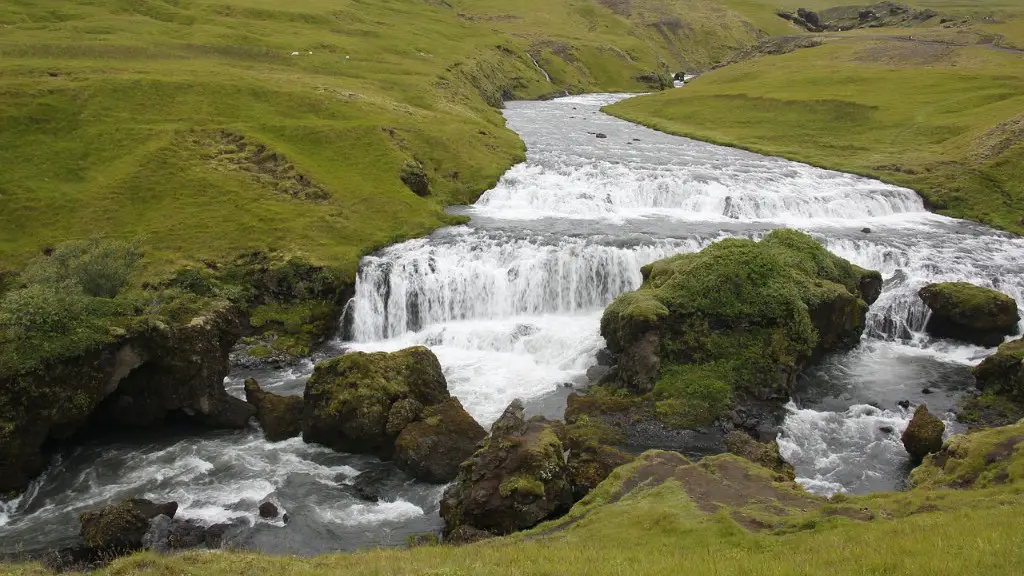Background of Nile River
The Nile River, world’s longest river, is the lifeline of North-Eastern African countries. A shared resource, the river is the source of water for nearly 300 million people spread out in 11 countries, including Egypt, Ethiopia, Sudan, and Uganda. The river runs from its source in Lake Victoria, Uganda, and snakes its way to the Mediterranean Sea. It is also one of world’s oldest civilizations, with settlement of the humans in the area dating back to 8000 years.
The length of the river is approximately 4,132 miles, out of which approximately 1,700 miles of the Nile River are in Egypt.
Role of the Nile in Egypt
Ancient Egyptians who settled in the area mainly depended upon the river waters for their sustenance. Rich fertile soil provided by the Nile delta allowed them to grow crops, as it did for so many other civilizations who once lived in the region. Even today, the Nile River serves as an important source of water for the people of Egypt, providing much needed irrigation for the semi-arid area. Additionally, Nile River has been an important factor in the development of Egyptian culture, art, and even its economy.
The growing population of Egypt, as with other countries depending upon the river, has put strains upon it. As demands on the river’s water has grown substantially in the past decades, numerous projects, such as the High Aswan Dam, have been undertaken in order to manage the water better and to better manage the ever-dwindling resource.
Environmental Impact of Nile River in Egypt
Development along the Nile has come a long way in Egypt. Pollution is one of the biggest concerns for the people and the environment of the river. There is no doubt that overpopulation and an ever-increasing demand for resources has put a strain on the water, making it a polluted resource in some areas and thus hindering proper development of the country. The High Aswan Dam, though, has been able to reduce the polluted parts of the water and improve the access to clean water.
The Nile River is also a major source of hydroelectricity in Egypt, providing most of the electricity used by the people and businesses. The irrigation system present in the Nile Delta has been essential in providing water for the Nile Valley. Additionally, efforts have been made to manage the water resources by building dams and undertaking various projects.
Economic Impact of Nile River in Egypt
Nile in Egypt has been a major economic contributor to the country. It is estimated that it has helped in providing 10% of Egypt’s GDP and that more than half of Egypt’s population is reliant on the food grown along the banks of the river for their livelihood. In addition to this, the tourism industry in the region has additionally benefitted from the presence of the river.
The waters of the Nile have been extensively used for transportation and communication. This has helped the government of Egypt in connecting to the rest of the world and in shipping goods from and to Egypt. Additionally, the area of agricultural land has also increased due to the presence of the Nile River in Egypt, as it provides much needed irrigation and water for the area.
Conservation of Nile River in Egypt
The Government of Egypt has taken important steps in order to conserve the river and its resources. The creation of the High Aswan Dam, the Nile Delta Conservation Strategy, and the Integrated Water Resources Management Action Plan have been set in motion in order to ensure that the water resources of the Nile are managed and conserved well in Egypt.
However, the only way to ensure that the river and its resources remain protected is by taking important steps such as removing invasive species, improving water quality and wastewater management, and increasing public awareness about the importance of the Nile for the people and for the environment.
Economic and Policy Implications of Nile River in Egypt
The presence of the Nile River in Egypt has been a major factor in the development of the region. However, the growing population of Egypt and the ever-increasing demand for resources from the river have put strains on the river. This has prompted the Government of Egypt to take important steps such as the High Aswan Dam, to better manage and conserve the water resources of the Nile. Additionally, the economic implications of the Nile in Egypt have been quite profound, as the river has provided much-needed resources for Egypt’s economy.
The Nile River has always been a source of power and strength for the Egyptian people, and has served as the lifeline of the country. It is important to ensure that the water resources and the economic benefits of the river remain protected and that its resources remain available for future generations.
International Politics of Nile River in Egypt
The Nile River has been an important source of diplomatic and political discussions between countries in the region. Egypt has been very concerned about the potential for upstream countries to use more water from the river than it is allotted from international treaties. In recent years, negotiations between Egypt, Sudan, and Ethiopia have taken place in order to find solutions to the problems that have arisen due to the exploitation of the resources of the Nile.
These international politics have only grown in importance due to the growing population of Egypt and the increasing demand for water from other countries in the region. The treaties, agreements, and negotiations between countries in the region have been attempts to find common ground, and ensure that the resources of the Nile remain available for future generations.
Infrastructure Development and the Nile River in Egypt
The Nile River in Egypt has been subject to immense development in recent years. This development has been both in terms of infrastructure and in terms of conservation. The dams which have been constructed along the river have been immensely important in better managing the water resources and thus allowing for better access to resources for the people of Egypt.
Additionally, the Government of Egypt has also been taking important steps to improve the infrastructure in the area. This includes the development of ports and various other facilities, as well as improving the existing transportation and communication systems. These infrastructure developments are based around ensuring that the resources of the Nile are used better and are better managed by the Egyptian people and the government.
Conclusion
In conclusion, it is evident that the Nile River in Egypt is an immensely important resource for the livelihood of the people of the area. It serves as an important source of water, food, and energy, while also being a factor in the development of the region. But, due to increasing population and the growing demand for resources from the river, the Nile has become a source of immense political and economic discussions amongst countries in the region. The Government of Egypt has taken steps to better manage and conserve the resources of Nile, and infrastructure developments along the river are only boosting this.




